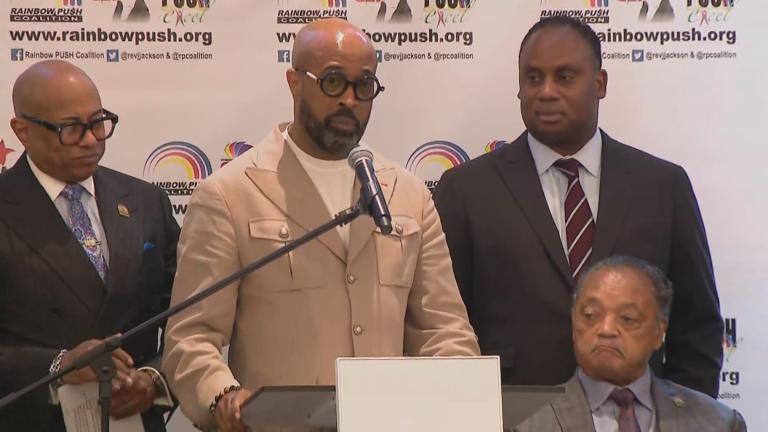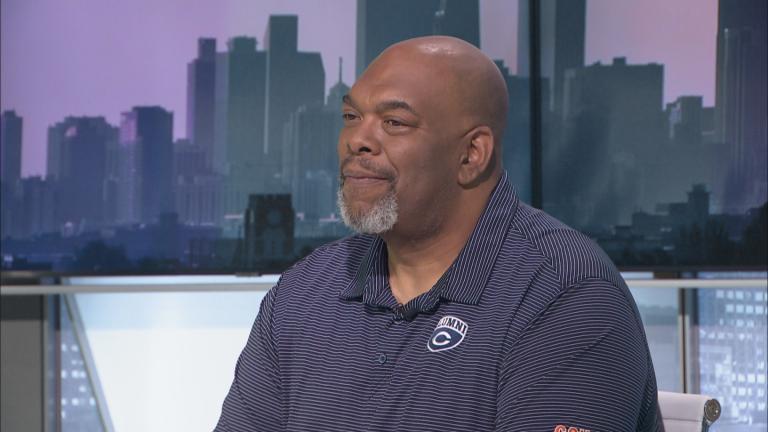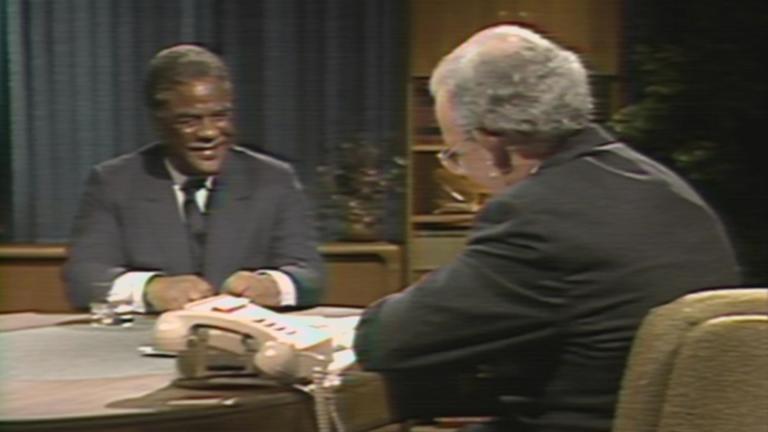Ray Charles, Tina Turner and now, Beyoncé — those are just a few of the artists known for their pop, rock and dance sounds who also explored their Southern roots through country music.
But Black artists and culture have shaped the genre long before them — pulling from the melodies of Black hymns and incorporating African instruments like the banjo.
While today’s country music is mostly dominated by White artists, some are taking a step back to recognize its diverse roots.
Francesca Royster is a professor of English and Critical Ethnic Studies at DePaul University and author of the book “Black Country Music — Listening for Revolutions.” She said with the release of “Cowboy Carter,” conversations about the genre’s influences and boundaries have come back into the mainstream.
Grammy-award winning country and folk artist Dom Flemons, known as the American Songster, supported that assertion.
“At one point, it was so few and far between to have conversations about Black country music, and now it’s shrinking down there every year,” he said. “And so there’s just a plethora of new people. One of the things thats so amazing as well is to have African American performers doing country music. The idea of, ‘a tear in your beer’ can change the whole meaning of a song when an African American person performs it because of the cultural experiences.”
Flemons credits his father for his introduction to country music. Now as a musician in the genre, he’s made sure to credit those who came before. His work is part of the National Museum of African American History and Culture.
It’s in these ways that fellow Black artists and fans can find their stories in a genre often excluding them.
“It's really true that it's in the work of someone like Tina Turner or Linda Martell, where I see African American history kind of being told and talked about …,” Royster said. “But now that I know the work of Amythyst Kiah, for example, or Rhiannon Giddens or other folks who are really telling a kind of historically informed story about Black experience that can also be universal, I realized that there’s actually even more out there.”








